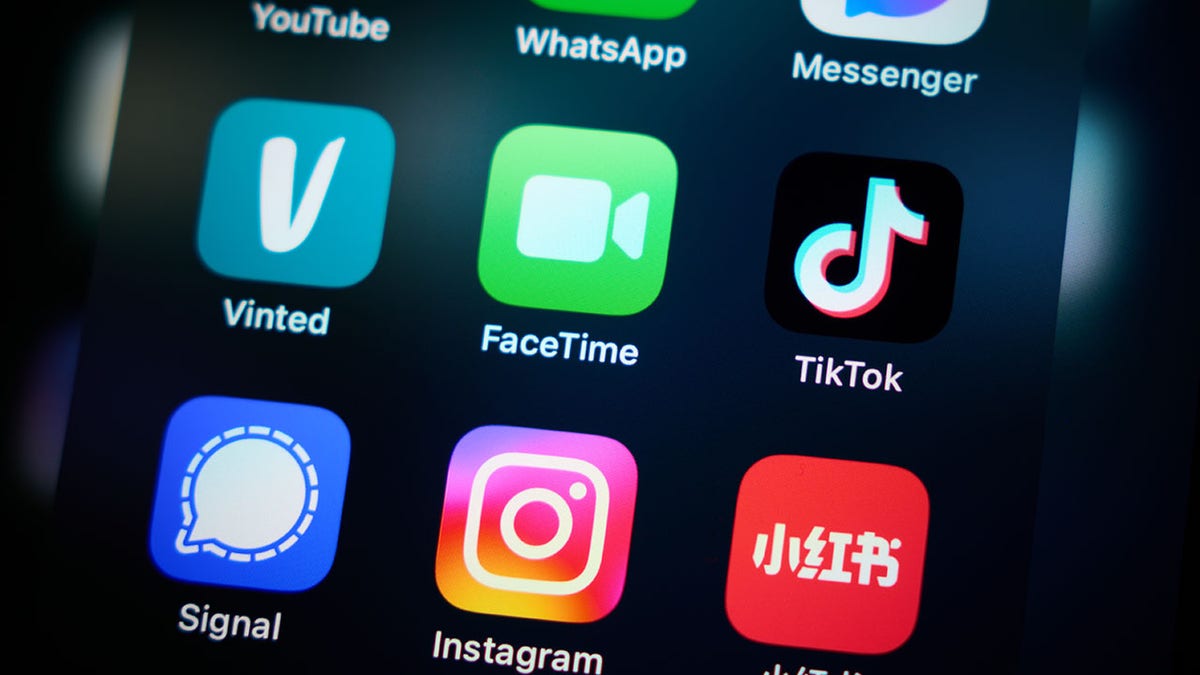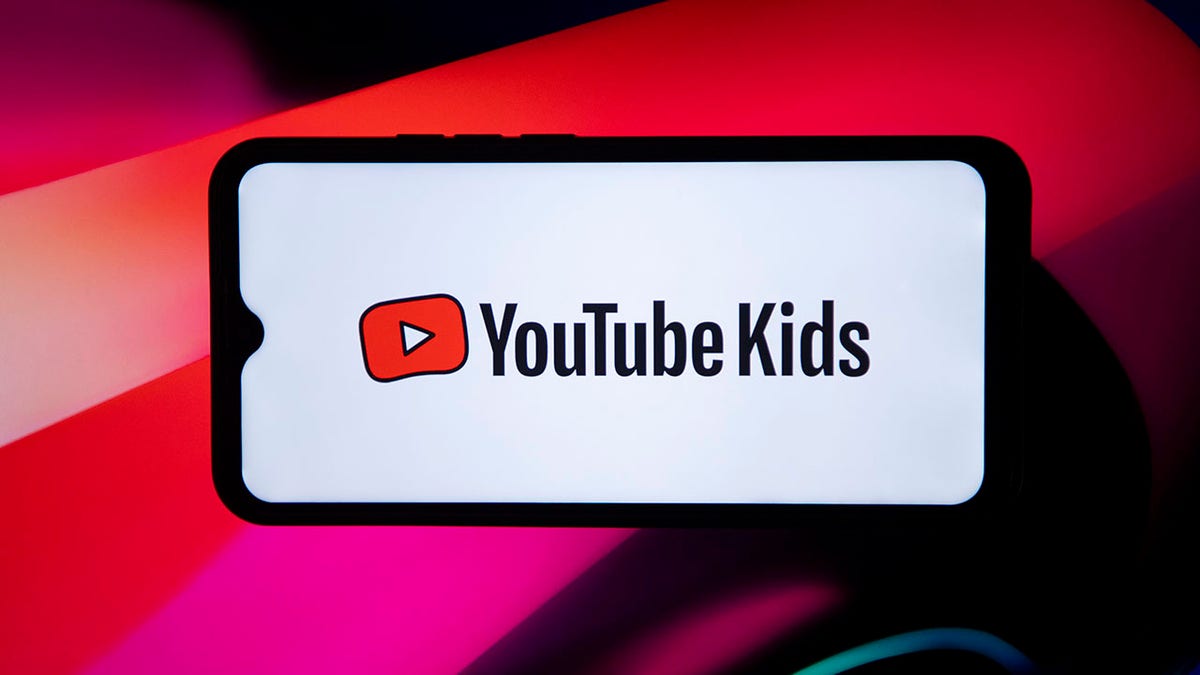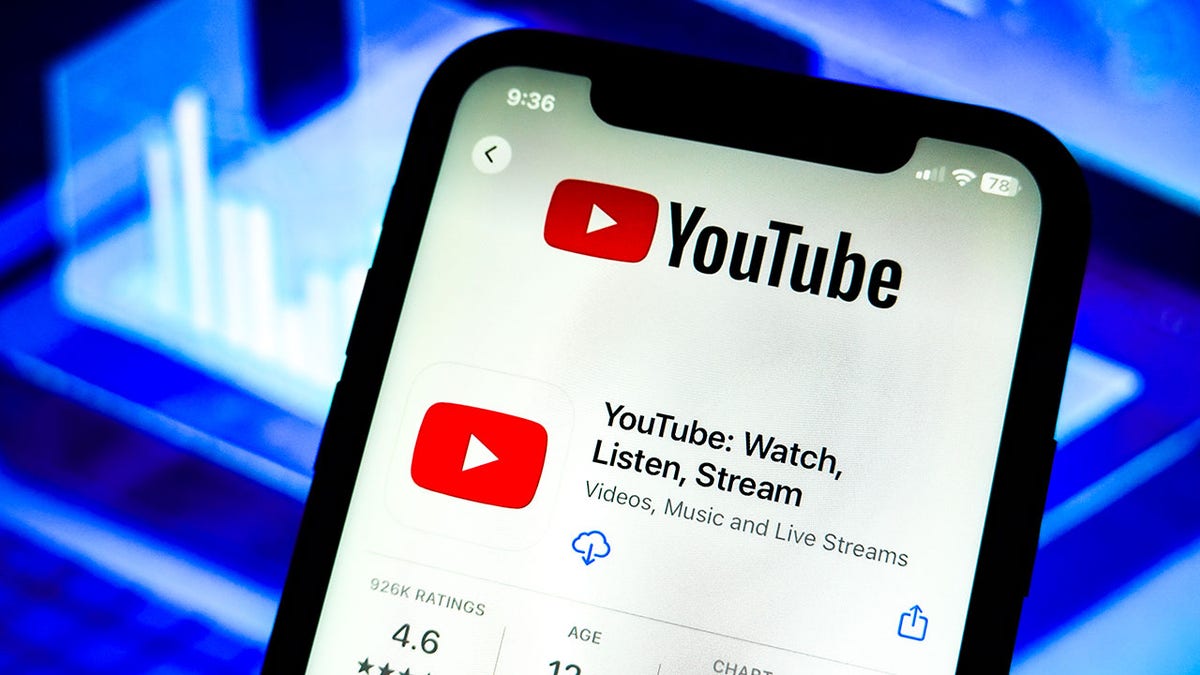A recently introduced bipartisan bill, the Kids Off Social Media Act, designed to protect children under 13 from harmful online content, has sparked debate among parental rights advocates. While the bill aims to restrict children's access to platforms like Instagram, Snapchat, and TikTok, it excludes YouTube Kids, raising concerns about potential exposure to inappropriate content, including videos promoting transgender ideology and DEI concepts.
Advocates argue that the bill's restrictions on algorithms constitute government overreach. The bill's sponsors explain that platforms like YouTube Kids, where parents create and manage accounts for their children, differ from social media platforms where children often create accounts without parental knowledge or consent. The bill targets the latter, aiming to enforce age restrictions already present in most social media terms of service.

Image: Social media applications grouped on a mobile device.
Moms for Liberty co-founder Tiffany Justice expressed concern over the exclusion of YouTube Kids, citing the presence of videos promoting transgender ideology. She emphasized the importance of parental involvement in children's online activities, stating, "We do not co-parent with the government." Justice also championed efforts to remove DEI and gender ideology from classrooms, expressing worry about the potential impact on children's development.
While the bill doesn't address content on YouTube Kids directly, it does aim to protect children from harmful content through a provision banning "algorithmic boosting" for users under 17. This feature, used by social media companies to personalize content recommendations, is seen by some as a form of surveillance targeting. However, this provision would not apply to YouTube Kids, where parents can control content access.

Image: The YouTube Kids logo on a mobile phone screen.
Justice also raised concerns about government control of algorithms, suggesting that personalized content recommendations are not inherently problematic. She highlighted the ability of parents to influence algorithms and expose children to diverse perspectives. Another advocate, Cat Parks, echoed Justice's concerns about government overreach, emphasizing the importance of parental authority in children's online activities.

Image: YouTube app logo in the Apple Store.
Ultimately, Justice stressed the responsibility of parents to protect their children online, while acknowledging the potential for a government role in online safety. She emphasized the addictive nature of algorithms and the need for parental vigilance in monitoring children's online activities.
Comments(0)
Top Comments